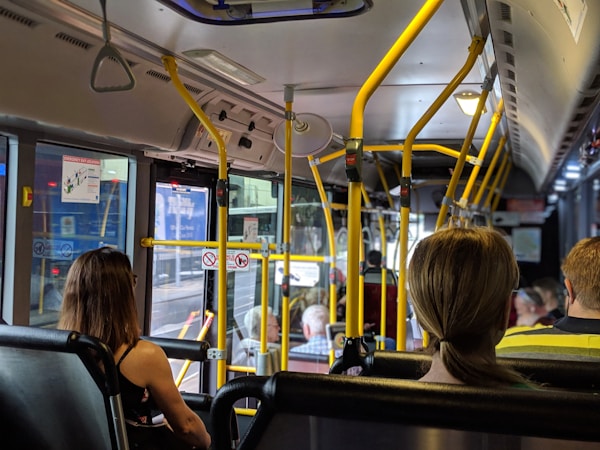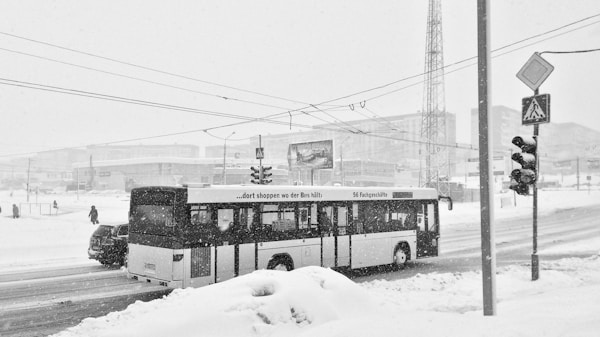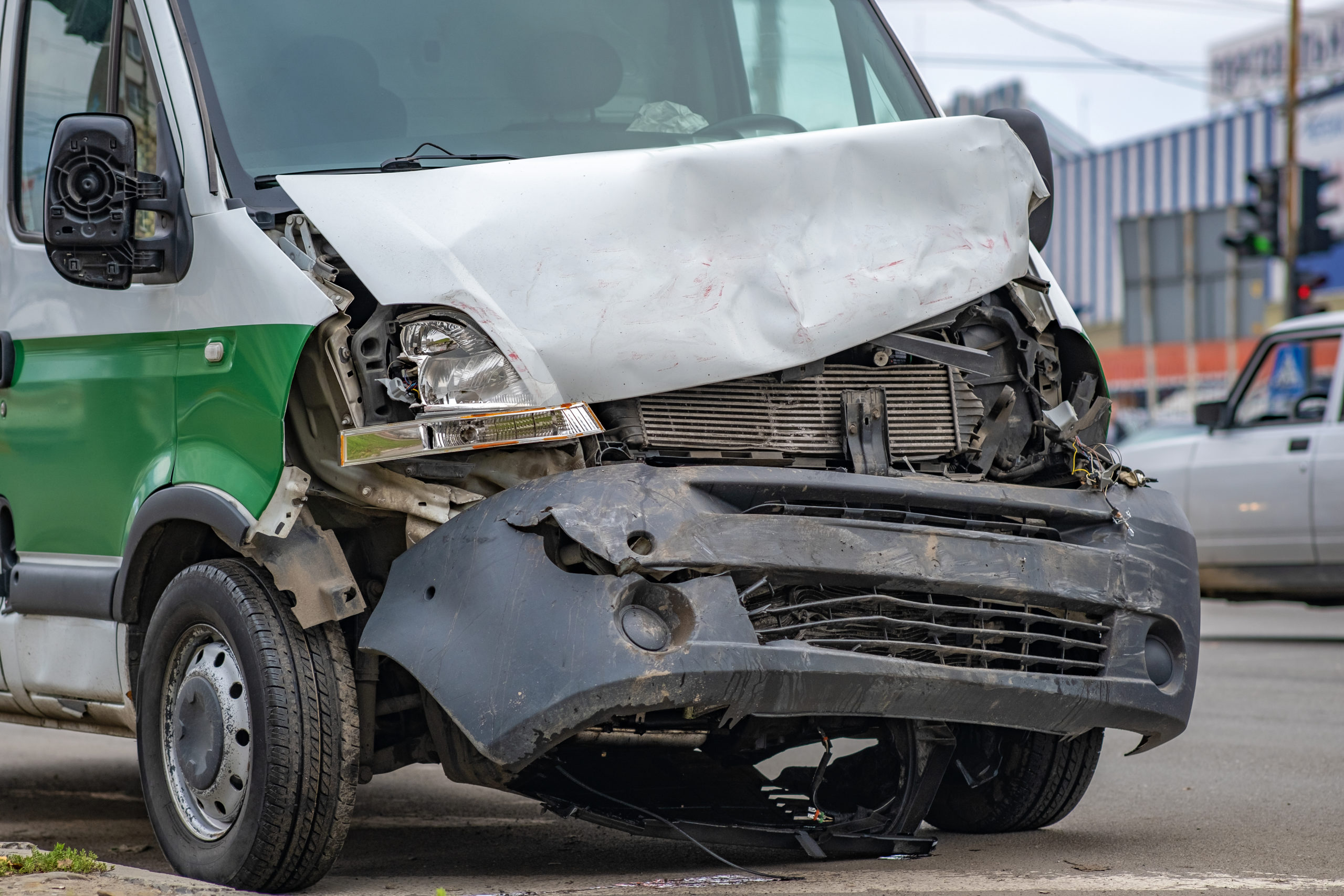Bus accidents can be devastating in terms of both physical and emotional trauma. They can involve multiple vehicles, pedestrians, and even cyclists, making them one of the most complex and difficult types of accidents to deal with. With the potential for serious injuries, long-term disabilities, and even death, bus accidents require careful analysis and a thorough investigation. According to the National Highway Traffic Safety Administration (NHTSA), in 2017, there were over 4,400 people killed and over 200,000 people injured in bus accidents alone. Bus accidents can be caused by any number of factors, and if you find yourself injured, be sure to seek help from the best Chicago bus accident lawyers. For now, keep reading to learn the common causes of bus accidents.
Driver Fatigue

The Federal Motor Carrier Safety Administration (FMCSA) is the government agency responsible for regulating the safety standards for commercial motor vehicle drivers. The FMCSA requires that drivers get at least 8 hours of sleep within a 24-hour period and 10 hours of rest between shifts. However, in some cases, these regulations are not always followed and drivers may be operating buses while fatigued. Bus drivers are especially vulnerable to fatigue due to the nature of their job. They are often driving long distances and may be on the road for hours at a time. This can lead to an increased risk of fatigue and a decrease in the driver’s level of alertness and concentration. Furthermore, drivers may be distracted by talking to passengers on the bus, or they may be tired from working a long shift.
Mechanical Failure
Bus accidents are one of the most common types of motor vehicle accidents in the United States. While some of these accidents are caused by driver error or bad weather, mechanical failure is a common cause of these incidents. Mechanical failure of buses can range from minor issues to major failures that can lead to catastrophic accidents. Mechanical failures can be caused by a wide range of factors, such as poor maintenance, manufacturing defects, or age. Mechanical failures can cause buses to suffer from a variety of problems, including brake failure, steering failure, engine failure, tire blow-outs, and other mechanical issues. These issues can cause a bus to lose control and veer off the road, potentially leading to a crash.
Poor Weather Conditions

Diving in poor weather conditions is one of the most common causes of bus accidents, and it can lead to devastating consequences. From icy roads to extreme weather, buses are often at risk of crashing due to poor weather conditions. Icy roads are one of the most common causes of bus accidents due to poor weather. Ice can make roads slick and slippery, making it difficult for buses to maneuver safely. Additionally, bus drivers may be forced to take extreme measures to avoid other vehicles, leading to a crash. Black ice, which is often difficult to see, can also be a major cause of bus accidents due to poor weather. Heavy rain can also lead to bus accidents due to poor weather conditions. Heavy rain can reduce visibility and make roads slippery, making it difficult for buses to see and avoid obstacles. Additionally, standing water can cause hydroplaning, making it impossible for buses to maintain control. Fog can also be a major cause of bus accidents due to poor weather conditions. Fog can drastically reduce visibility, making it difficult for bus drivers to see the road and other vehicles.
Overall, common causes of bus accidents highlight the importance of proper driver training, vehicle maintenance, and following traffic laws. Drivers must be aware of their own and others’ safety and take necessary precautions when operating a bus. Additionally, bus companies should ensure that their vehicles are in proper working condition and regularly inspected to reduce the risk of accidents.
